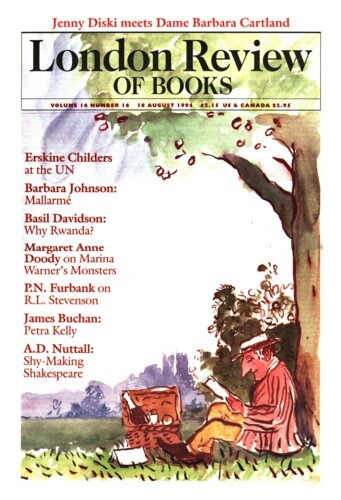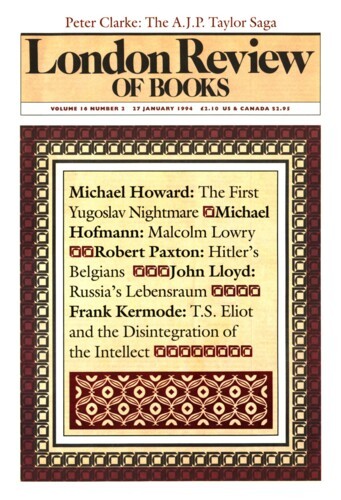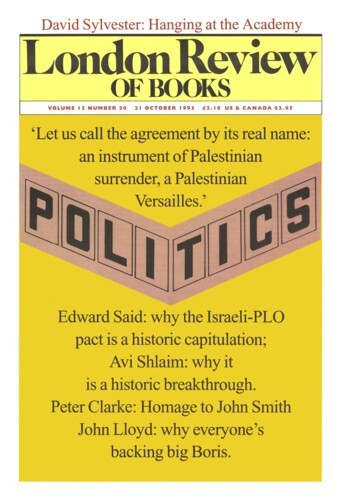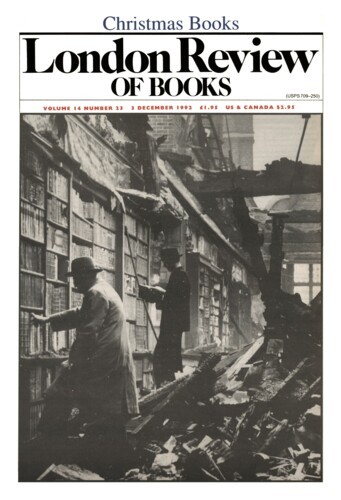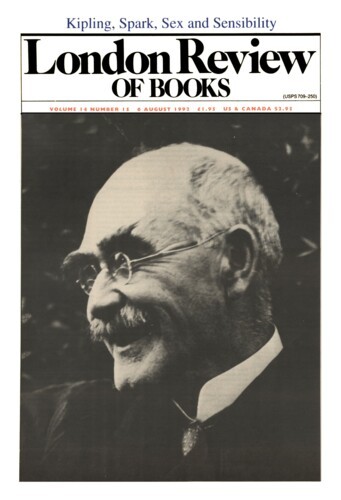There’s no doubt that Jack Trevor Story was a dab hand at titles Man Pinches Bottom, One Last Mad Embrace, Little Dog’s Day and Live Now, Pay Later are good enticements and accurately indicate the plot, predicament and even the moral of each novel. His most famous title is still his first, The Trouble with Harry (1949), thanks to Alfred Hitchcock, who acquired the film rights for $500 but made a classic film out of a shabby deal. The history of my copy of The Trouble with Harry is typical of the fate of most of Story’s books. I picked up the 1970 Penguin for 50p in a local library sale a few months ago. Between November 1979 and March 1993 it was borrowed only three times; the fourth stamp on the loans slip says DISCARDED.
There’s no doubt that Jack Trevor Story was a dab hand at titles. Man Pinches Bottom, One Last Mad Embrace, Little Dog’s Day and Live Now, Pay Later are good enticements and...
